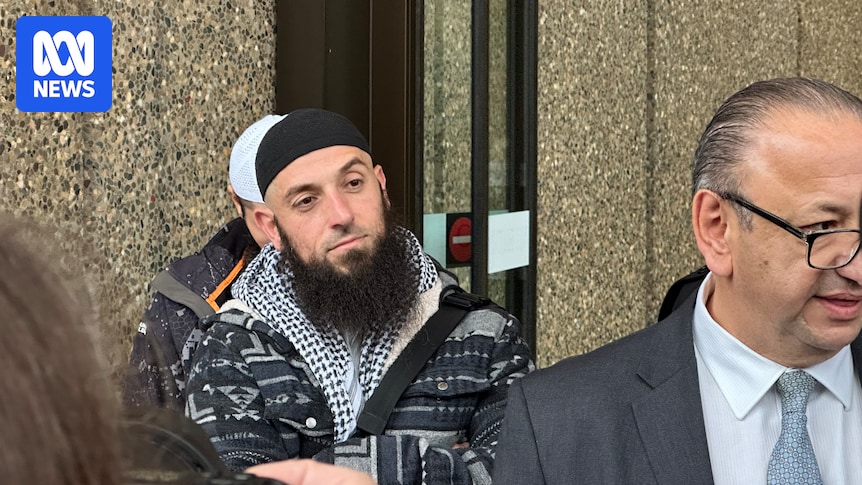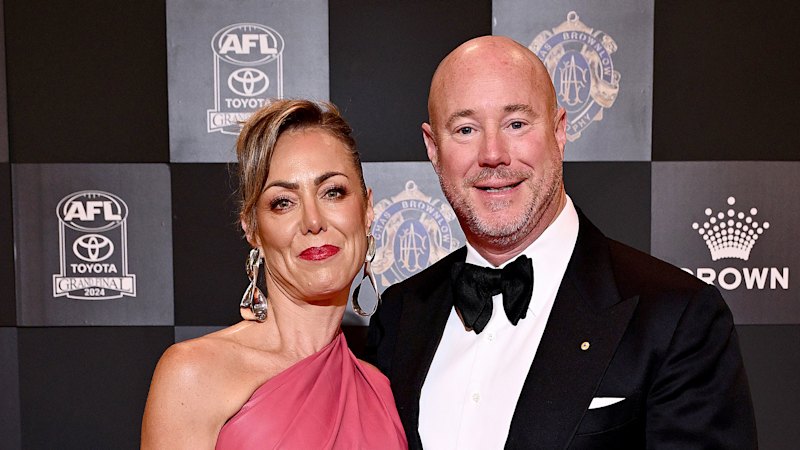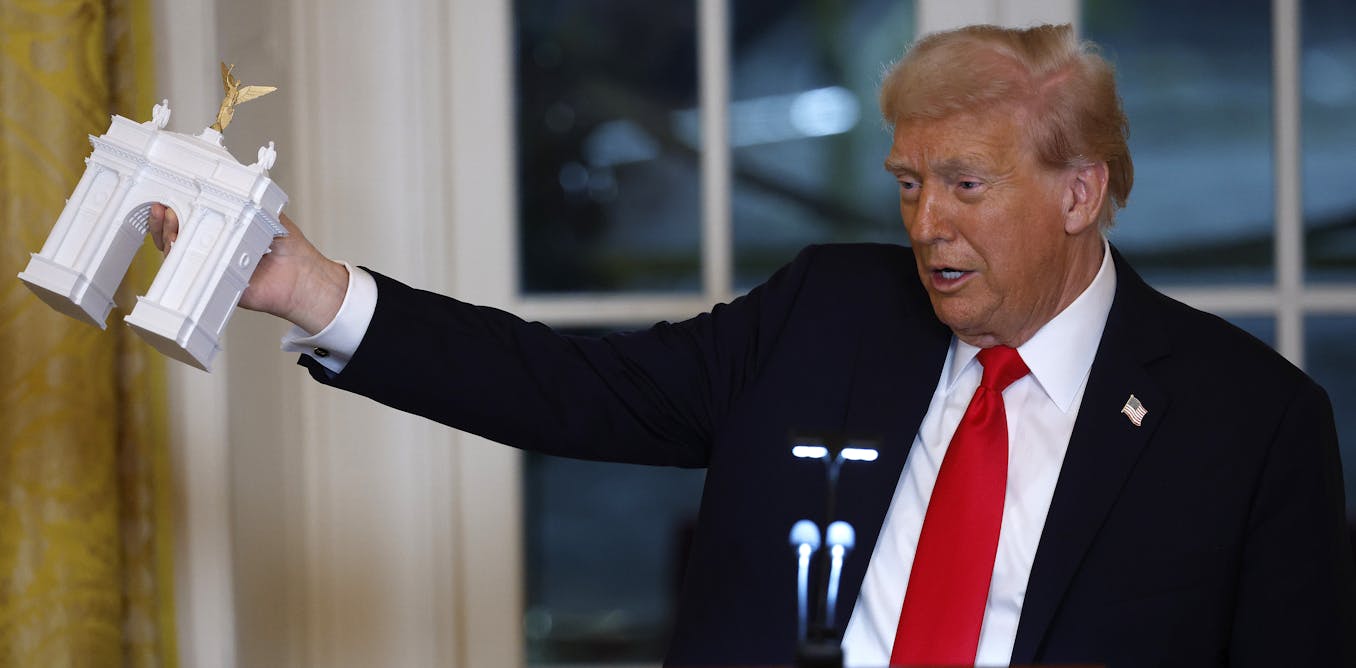
A Federal Court judge has ordered that a series of lectures delivered by Islamic preacher Wissam Haddad, also known as Abu Ousayd, be removed from social media platforms. The decision comes after the court found the lectures, given at Sydney’s Bankstown Al Madina Dawah Centre in November 2023, contained “fundamentally racist and antisemitic” material.
The Executive Council of Australian Jewry (ECAJ) brought the case against Haddad, alleging that his speeches violated the Racial Discrimination Act by portraying Jewish people in derogatory terms. Justice Angus Stewart ruled that the lectures conveyed “disparaging imputations” about Jewish people, likely to offend and intimidate the Jewish community in Australia.
Legal Arguments and Court Findings
Haddad’s legal team argued that the speeches were based on religious texts, including the Koran, and were intended for a private Muslim audience. They contended that the speeches did not specifically target Australian Jewish people. However, Justice Stewart dismissed these defenses, stating that the lectures perpetuated “age-old tropes” against Jewish people.
In his judgment, Justice Stewart highlighted the profound impact of such rhetoric, emphasizing the “devastatingly offensive and insulting” nature of the comments. He noted that the timing of the speeches, amidst a period of heightened vulnerability for Jewish Australians, exacerbated their harmful effects.
“Those effects on Jews in Australia would be profound and serious,” Justice Stewart remarked, underscoring the historical context of persecution associated with such rhetoric.
Implications for Free Speech and Religious Expression
The case has sparked a broader debate on the boundaries of free speech and religious expression. Haddad’s lawyer, Elias Tabchouri, maintained that his client’s sermons were rooted in religious instruction and not intended to vilify any ethnic group. He argued that quoting religious scripture should be protected under freedom of religion.
However, the court found that while criticism of Israel’s actions in Gaza is not inherently antisemitic, the lectures crossed a line by attributing negative traits to Jewish people as a group. Justice Stewart ordered Haddad and the Al Madina Dawah Centre to publish corrective notices on their social media accounts for 30 days.
Reactions from the Jewish Community
ECAJ co-chief executive Peter Wertheim emphasized that the case was not about curtailing freedom of expression but addressing the misuse of such freedoms to promote antisemitism. He stated, “Common decency should dictate that free speech and freedom of religion do not include the right to racially vilify people.”
Wertheim expressed confidence that Haddad would comply with the court orders, noting the legal obligation to adhere to such rulings. “I’m assuming he will get legal advice that in this country court orders are binding on everybody,” he said.
Historical Context and Expert Opinions
This case is reminiscent of past legal battles over hate speech and the limits of religious expression. Legal experts note that while religious texts can be cited in sermons, the interpretation and context in which they are presented are crucial. The court’s decision underscores the importance of balancing religious freedoms with the rights of individuals to live free from racial vilification.
According to Dr. Sarah Goldstein, a legal scholar specializing in human rights law, “This ruling reaffirms that religious discourse must be mindful of the broader societal impact and cannot be used as a shield for hate speech.”
As the legal community and religious organizations digest the implications of this ruling, the case highlights the ongoing tension between upholding free speech and protecting communities from harmful rhetoric. The court’s decision serves as a reminder of the responsibilities that accompany the exercise of freedom of expression.
Moving forward, the enforcement of the court’s orders and the response from Haddad and his supporters will be closely watched. The case may set a precedent for how similar issues are addressed in the future, balancing the complex interplay of religious freedom, free speech, and anti-discrimination laws.







